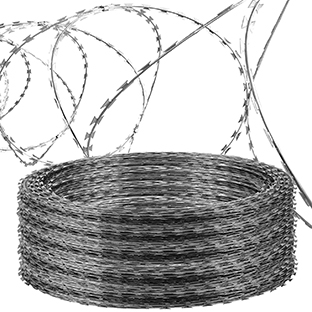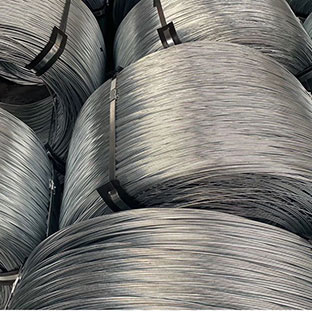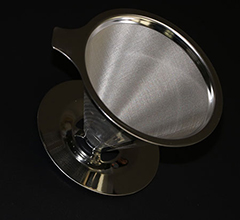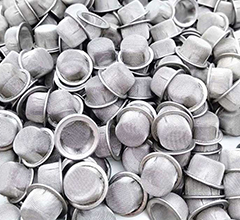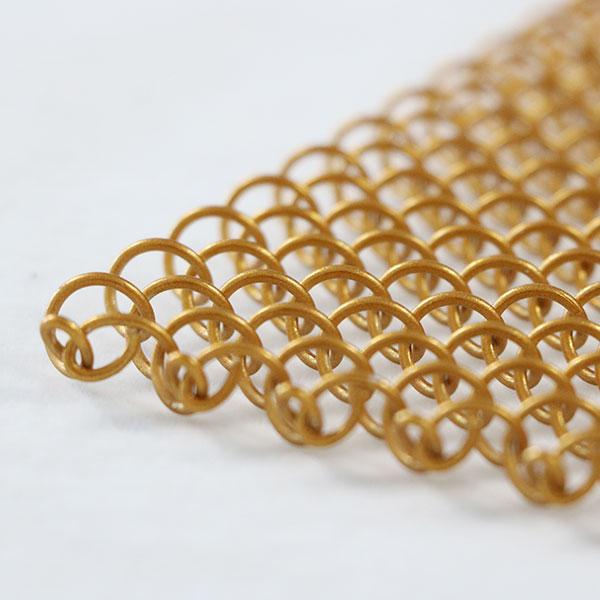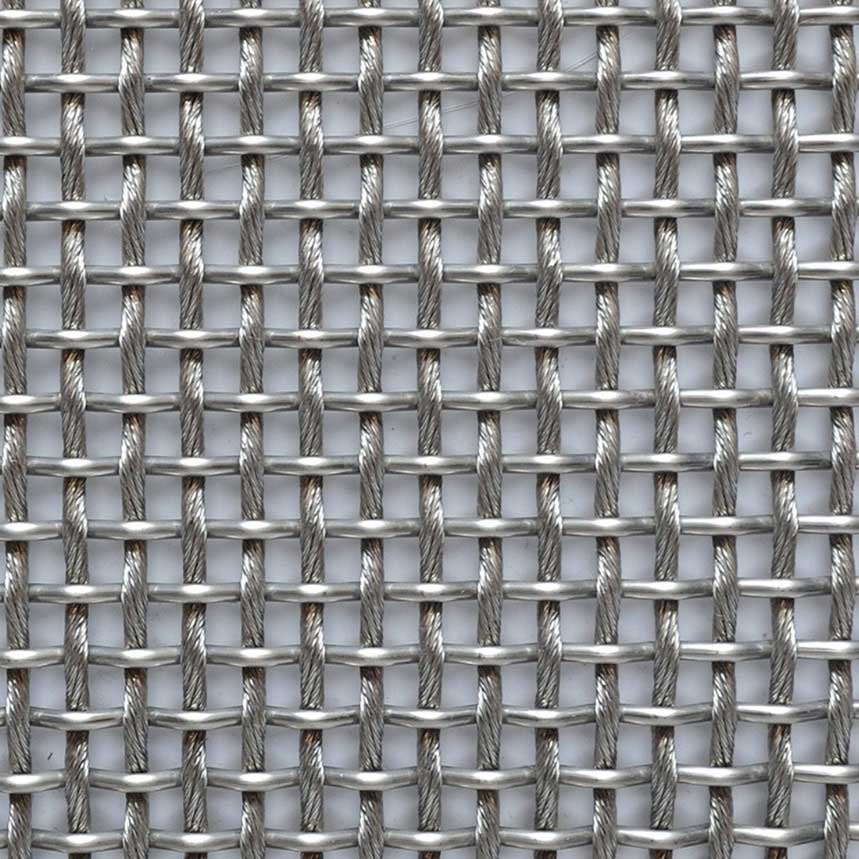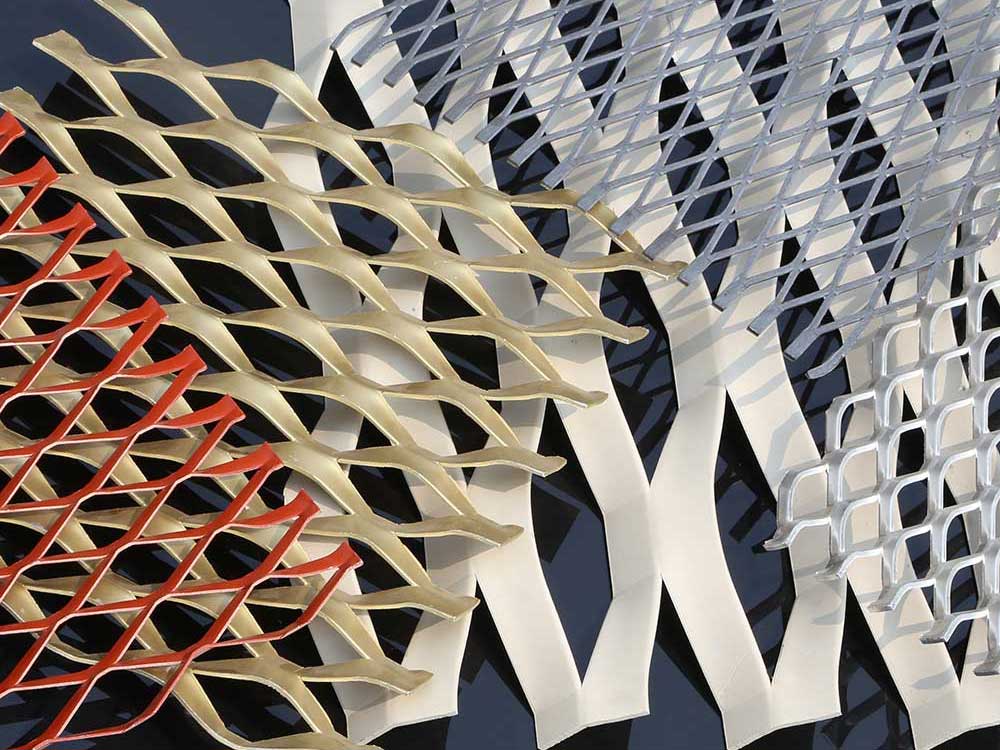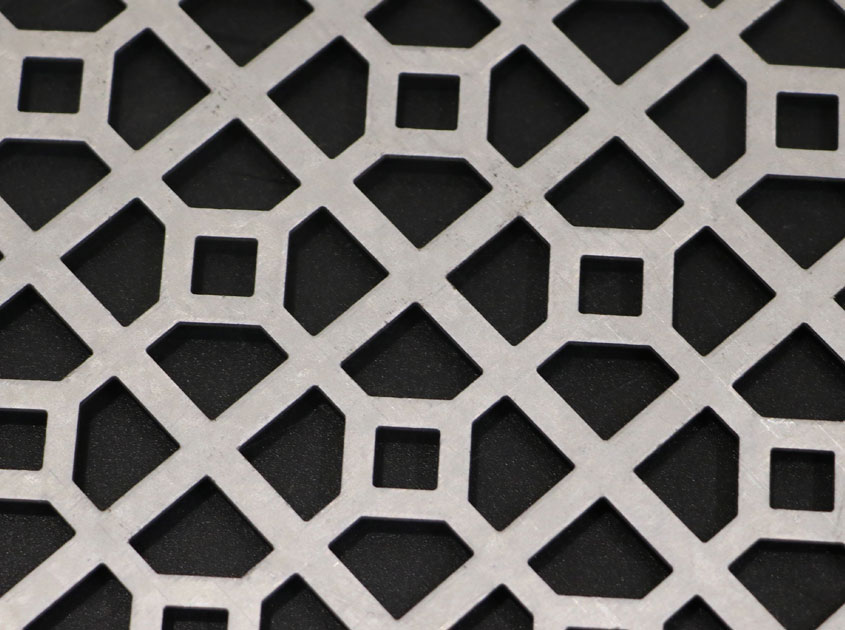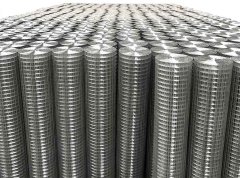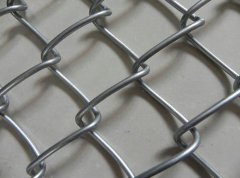Galvanized wire serves various purposes in different industries including construction, agriculture, industrial, and domestic sectors. Its main functions are as follows:
Corrosion resistance: Galvanized wire undergoes a process where a protective layer of zinc is applied to its surface. Zinc offers excellent corrosion resistance, preventing rust formation and extending the wire's lifespan, especially when exposed to humid environments.
Strength and toughness enhancement: Galvanization adds a hard zinc coating to the wire's surface, improving its strength and toughness. This makes galvanized wire more durable and reliable when subjected to tension, stretching, or twisting forces.
Electrical conductivity: Zinc possesses good electrical conductivity, making galvanized wire suitable for applications such as electrical wires and cable cores, facilitating electrical transmission and connections.
Aesthetic appeal: Galvanized wire has a silver-white appearance with a certain level of luster, providing an aesthetically pleasing effect. It finds applications in areas like construction, gardening, and decoration.
Agricultural applications: Galvanized wire is widely used in agriculture for fencing, animal enclosures, and flower bed protection, serving as barriers and safeguards for farms, poultry farms, and gardens.
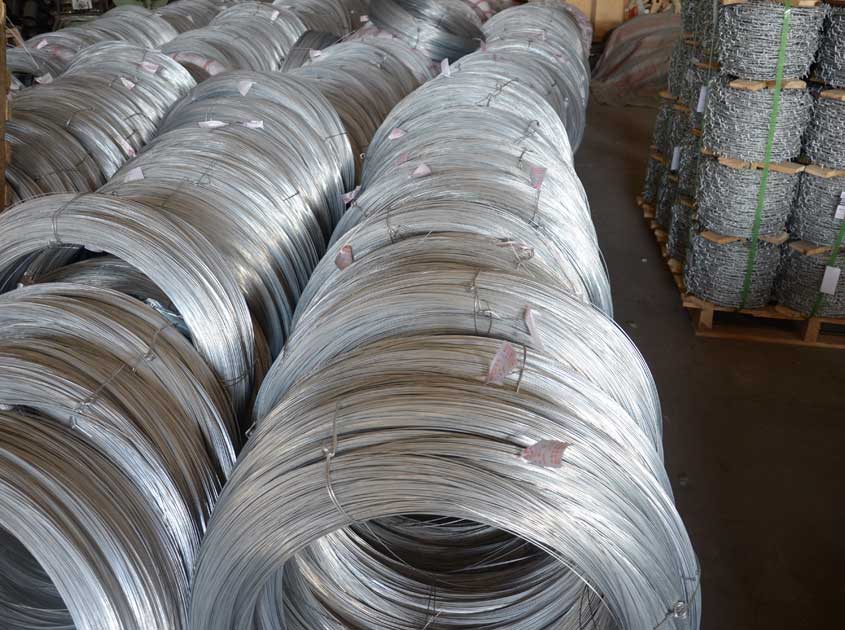
Industrial applications: Galvanized wire is commonly employed in industrial settings to manufacture wire baskets, filters, and sieves for solid separation, screening, and filtration processes.
In summary, galvanized wire offers corrosion resistance, enhances strength, provides electrical conductivity, and serves important functions in sectors such as construction, agriculture, and industry.


.jpg)




.png)






































